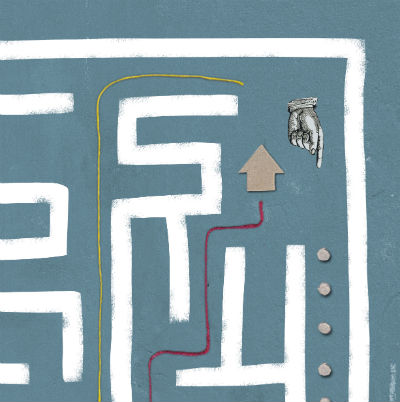Submitted by Denitsa on
This report is part of CRIN's access to justice for children project, looking at the status of the Convention on the Rights of the Child (CRC) in national law, the status of children involved in legal proceedings, the legal means to challenge violations of children’s rights and the practical considerations involved in challenging violations.
Children encounter overwhelming obstacles to access to justice in Equatorial Guinea. Although the CRC was ratified, no official document attests to its incorporation in, or prevalence over, domestic law, or if the courts can directly refer to it. It is unclear whether or how children can bring cases. There is no legal aid system. Civil cases are rarely brought to trial, and military courts are used widely for civilian matters. Lawyers who have assisted with human rights cases have been known to be unofficially detained. The UN has been assisting Equatorial Guinea to establish juvenile justice courts, but it is unknown how far it has progressed. Individuals may petition the legislature as a way to overturn judicial decisions - a more commonly used method of resolving a case than utilising the judiciary. Local traditional courts are also popular venues for resolving cases, however traditional values often hinder the enforcement of children’s rights, especially the right to be heard. The judiciary is not independent from the executive. Laws pertaining to children's rights have been adopted but it is unclear whether they are enforced. Once all domestic remedies have been exhausted, children can refer to the African Committee of Experts on the Rights and Welfare of the Child or the African Commission on Human and Peoples’ Rights.

